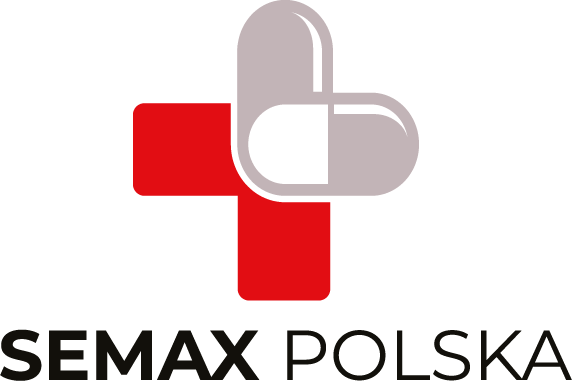Have you ever struggled with the unpleasant ailment of keratinized epidermis? A thick and rough layer of skin looks unsightly, and on top of that it causes discomfort. If you've tried all the creams and are still not satisfied with the way your skin looks, you should learn about an innovative remedy that promotes the natural process of epidermal reconstruction. Find out right now how to get rid of calloused skin on your hands, feet or elbows.
Table of contents
- Keratinized skin - what is it?
- Causes of keratosis of the epidermis
- What is Ghk-cu copper peptide and how does it work on the skin?
- Effects of ghk-cu
Keratinized skin - what is it?
Keratinized skin is a condition in which the top layer of the skin, called the epidermis, accumulates too many dead cells. On a daily basis, the epidermis is able to constantly renew itself, with old cells being removed and giving way to new ones. However, in the case of keratinized skin, the renewal process is disrupted, leading to an accumulation of dead cells.
Keratinized skin can have various causes. Often it is the result of excessive exfoliation of the epidermis, such as from dry skin or the use of aggressive skin care products. It can also be caused by genetic factors, environmental factors such as sun exposure or external factors such as pollution.
Causes of keratosis of the epidermis
There are many reasons for keratinized epidermis, but among the most common are:
- Insufficient hydration of the skin,
- Frequent contact with aggressive detergents,
- Endocrine disruption,
- Excessive peeling of the epidermis,
- chronic diseases, including diabetes, atopic dermatitis, rheumatism, or kidney and liver diseases, among others,
- overweight
- friction and compression,
- Long and hot baths.
What is Ghk-cu copper peptide and how does it work on the skin?
Beautiful and well-groomed skin is the dream of many a woman. Unfortunately, as we age, it becomes increasingly difficult to keep it in pristine condition. If you pay a lot of attention to your appearance, then you have certainly more than once looked for a way to get calloused feet or elbows. This is extremely important, especially during the holiday season, when we are much more likely to uncover our bodies.
GHK-Cu peptide is a substance that consists of three amino acids: glycine, histidine and lysine. It is worth noting that ghk also contains copper (denoted by "Cu" in the name), which plays an important role in the functioning of the body.
Copper peptide ghk-cu first and foremost, it has anti-inflammatory properties, which means it can help reduce skin inflammation, such as acne and psoriasis. It can also help relieve skin redness. The substance is being studied for its potential anti-inflammatory, anti-aging properties and can heal wounds faster. Studies suggest that it may have beneficial effects on the skin, improving its elasticity, reducing wrinkles and stimulating collagen production. In addition, the substance can influence repair processes in the body by regulating gene expression.
Effects of ghk-cu
Cells in the body have a proliferative potential, which, in other words, means the ability to divide. With age, this predisposition declines, so it is worth looking for ways to regenerate these processes. The use of ghku-cu increases the expression of epidermal markers such as integrin and p63, which indicates the growth of stem cells and the proliferative potential of basal keratinocytes. The above-mentioned action of the substance allows us to determine its potential in the fight against keratosis and thickening of the skin, allowing for quick relief, as an adjunctive therapy for skin callous problems and as a preventive therapy to reduce the risk of their formation.
Additional effects of ghk-cu, which are worth mentioning include:
- Regulation of collagen production - the substance promotes collagen synthesis, which is important for maintaining healthy and elastic skin. By improving the structure of collagen, it helps to reduce excessive keratinization, which often accompanies keratosis of the skin.
- Reduction of inflammation - has anti-inflammatory properties that can help reduce skin inflammation and associated symptoms such as redness and itching. This can provide relief for those suffering from keratosis dermatitis, which is often associated with chronic inflammation.
- Accelerate wound healing - has also been studied for its potential effects on wound healing. It may accelerate tissue regeneration and promote skin renewal, which may be beneficial in wounds caused by calloused skin.




